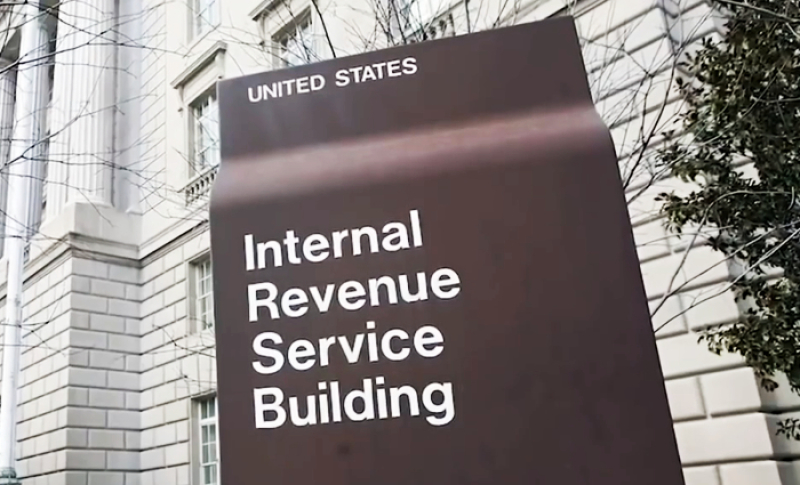
The Internal Revenue Service (IRS) announced on Monday that pastors and other religious leaders are now permitted to endorse political candidates to their congregations without risking their tax-exempt status under the longstanding Johnson Amendment.
This decision marks a significant shift in the interpretation of the law, which has been in effect since 1954 and states that religious entities can lose their 501(c)(3) tax-exempt status if they endorse specific candidates or engage in political activities. The law also restricts churches, synagogues, mosques, and other nonprofits from raising funds for political campaigns.
Supporters of the Johnson Amendment see it as a crucial mechanism for maintaining the separation of church and state in contemporary American life. Conversely, critics argue that the law infringes on First Amendment rights, claiming that it unfairly silences religious leaders from speaking out on political issues.
In a joint motion for entry of consent judgment submitted to the U.S. District Court in the Eastern District of Texas, Tyler Division, the National Religious Broadcasters, Intercessors for America, two Texas churches, and defendants including IRS Commissioner Billy Long collectively requested an exemption for houses of worship from the Johnson Amendment.
The purpose of this agreement is to settle a lawsuit filed by the plaintiffs on August 28, 2024, which contends that “the Johnson Amendment facially and as applied violates their First Amendment rights to the freedom of speech and free exercise of religion, their Fifth Amendment rights to due process of law and equal protection under the law, and the Religious Freedom Restoration Act.”
The motion states, “When a house of worship in good faith speaks to its congregation, through its customary channels of communication on matters of faith in connection with religious services, concerning electoral politics viewed through the lens of religious faith, it neither 'participate[s]' nor 'intervene[s]' in a 'political campaign,' within the ordinary meaning of those words.”
It also emphasizes that “the proposed judgment and final order agreed that the plaintiffs' interpretation of the Johnson Amendment is consistent with the way the IRS has applied the law in practice,” noting that “the IRS generally has not enforced the Johnson Amendment against houses of worship for speech concerning electoral politics in the context of worship services.”
If the court approves this proposal, it would fulfill one of President Donald Trump’s campaign promises to his evangelical supporters by potentially allowing religious leaders greater freedom to speak on political matters from the pulpit.
In recent years, secular progressive organizations have pushed for investigations into Christian organizations they perceive as violating the Johnson Amendment. For example, in April, the IRS closed an investigation into a Florida church accused of breaking its tax-exempt status by praying for a local school board candidate during a worship service.
That investigation was initiated in July 2024, during the final year of President Biden’s administration. The church’s law firm, Jones Day, argued in a letter sent in August that the church’s actions fell within its First Amendment rights to allow a candidate to address the congregation.
Additionally, in February 2024, the nonprofit organization Freedom From Religion Foundation urged the IRS to revoke the tax-exempt status of Calvary Chapel Chino Hills in Southern California, led by Pastor Jack Hibbs, because he encouraged his congregation to vote for Republican Steve Garvey in California’s U.S. Senate race.



















